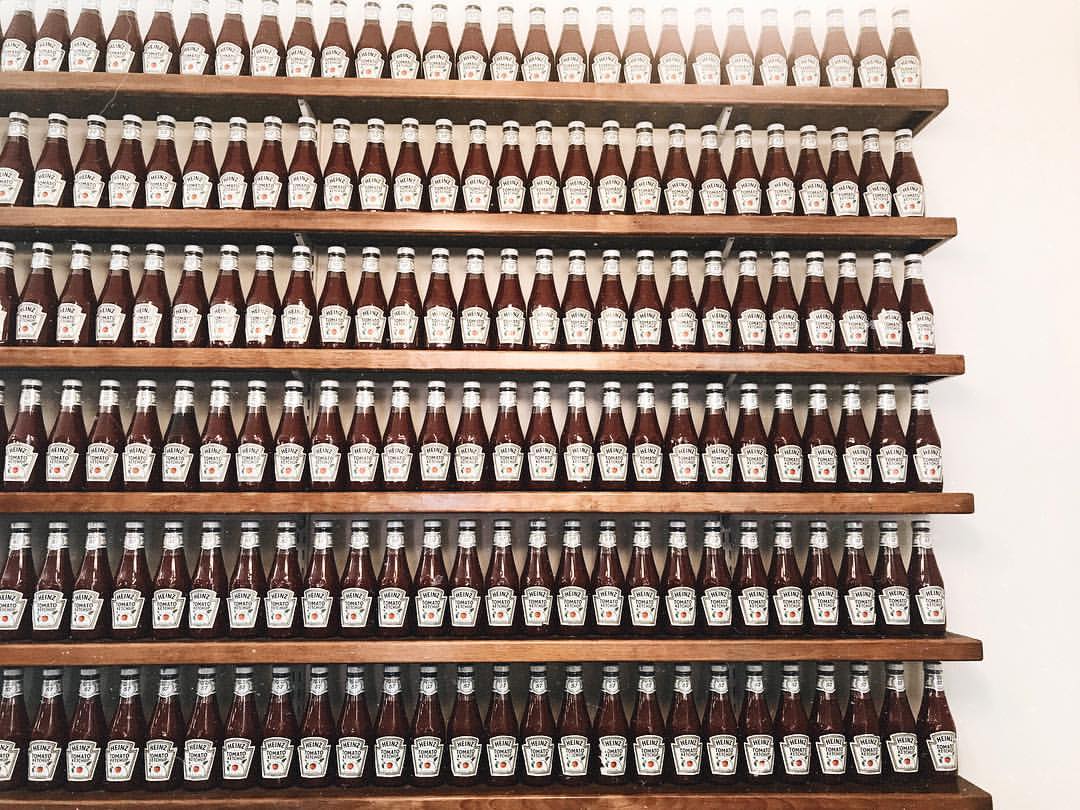Kombucha...2020
Fermented beverages and non-alcoholic drinks are predicted to be “all the rage” in the
upcoming year. Front and center is the beverage kombucha that is thought to have
health benefits that consumers are willing to pay $10 to $15 for.
Kombucha is a fermented, slightly alcoholic, lightly effervescent, sweetened black or
green tea drink that has an alcohol content of less than 0.5%, so it is not a federally
regulated beverage in the United States.
Once dubbed the most liberal product in America in 2009, kombucha is experiencing a
surge of sales and quickly becoming an influential player in the domestic beverage
economy. Initially, kombucha was distributed in the United States solely by grassroots
efforts wherein enthusiasts would share their SCOBYs (a symbiotic culture of bacteria
and yeast disc) with others so that they could homebrew the tea themselves.
Many attribute the formal start of the domestic kombucha industry to GT Dave who
founded GTs Kombucha. Through the early 2000s, kombucha saw a healthy growth due
to increased consumer awareness via expanded grassroots distribution and the
increased availability of GTs Kombucha.
Then, in 2010, the production and distribution of kombucha was halted abruptly for two
months following a Whole Foods inspection by the Maine Department of Agriculture
Consumer Protection Inspector, Randy Trahan. During a routine bottle audit at the
Whole Foods in Portland, Trahan noticed leaking kombucha bottles.
Trahan explained, “Some of the Kombucha bottles on the shelf were leaking. Being a
public health official, I know that alcohol is a by-product of the fermentation process. I
could immediately see that there might be a public safety issue...Kids could get hold of
this and get a buzz!
Trahan submitted a few of the stores bottles for testing at the Food Sciences Lab at the
University of Maine where it was discovered that the bottles contained alcohol levels
ranging from slightly over 0.5% to over 2.5%, which was well above the Alcohol and
Tobacco Tax and Trade Bureaus regulation that beverages labeled non-alcoholic must
contain less than 0.5% ABV.
Shortly after the results of the analysis were released, Whole Foods removed kombucha
from its shelves in June, 2010, alongside a display note that read:
Key suppliers and Whole Foods Market have elected to voluntarily withdraw
kombucha products in bottles and on tap from our stores at this time due to labeling
concerns related to slightly elevated alcohol levels in some products. This is not a
quality issue. Sorry for any inconvenience.”
Kombucha was soon hit with a further outbreak of media attention about it's alcohol
content when, coincidentally, allegations surfaced that Lindsay Lohans alcohol-
monitoring bracelet was set off due to the stars regular consumption of kombucha!
In response to the distribution halt and the seemingly negative media coverage,
however, there was actually an increase in consumer awareness and demand for the
product leading to a 28% category sales increase by June 2011.
Nearly all Kombucha companies interviewed agreed that the difficulties of the 2010
summer only generated more consumer interest and led to expansion rather than
contraction. In fact, kombucha sales are stronger than ever and projected to keep
growing. Kombucha is considered the fastest-growing product in the functional
beverage market with sales estimates of $1.8 billion by 2020.
